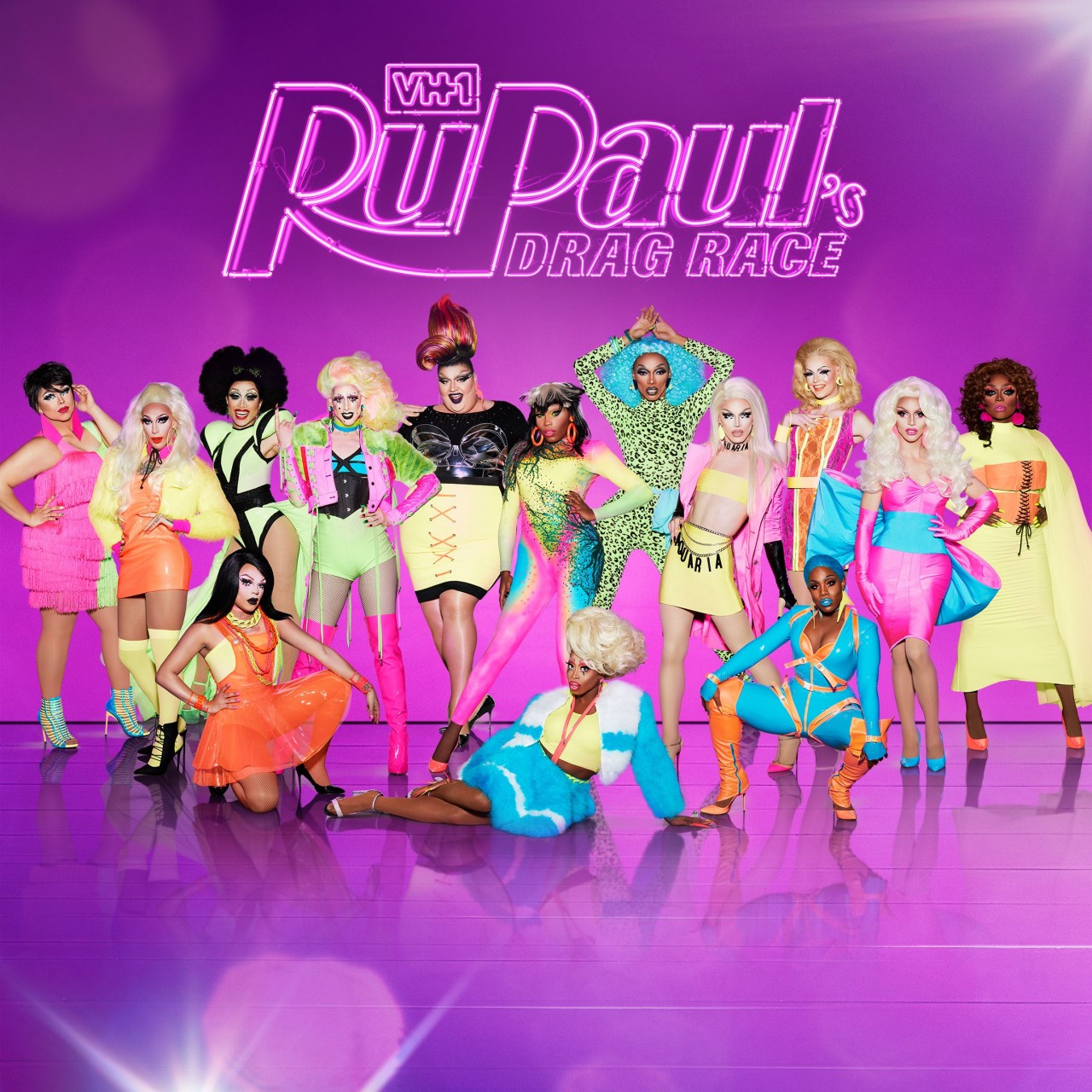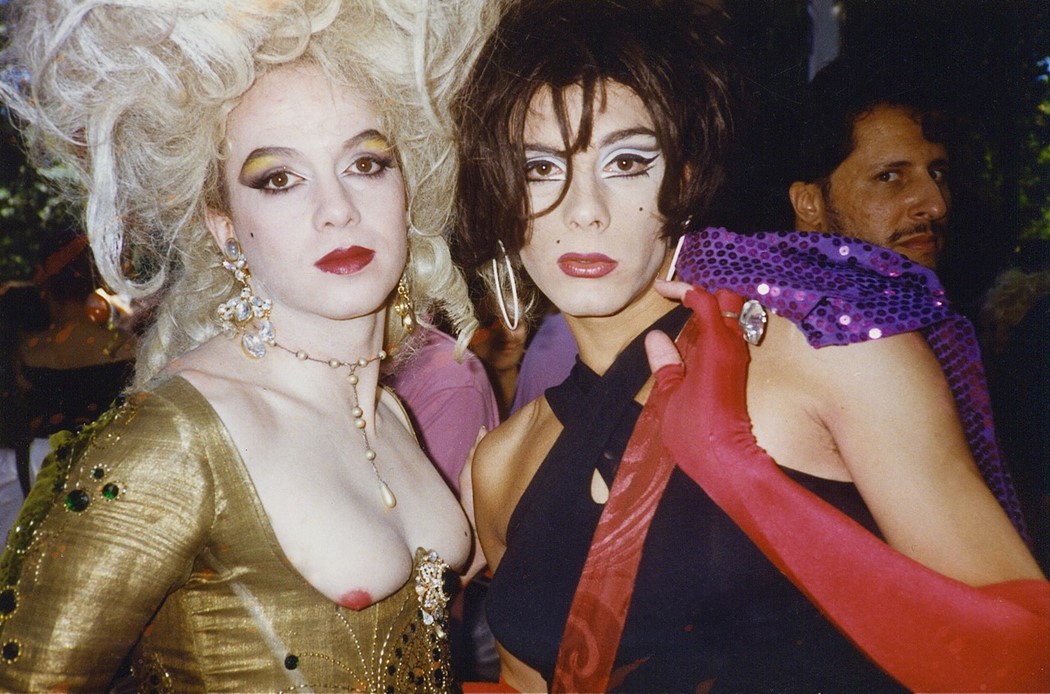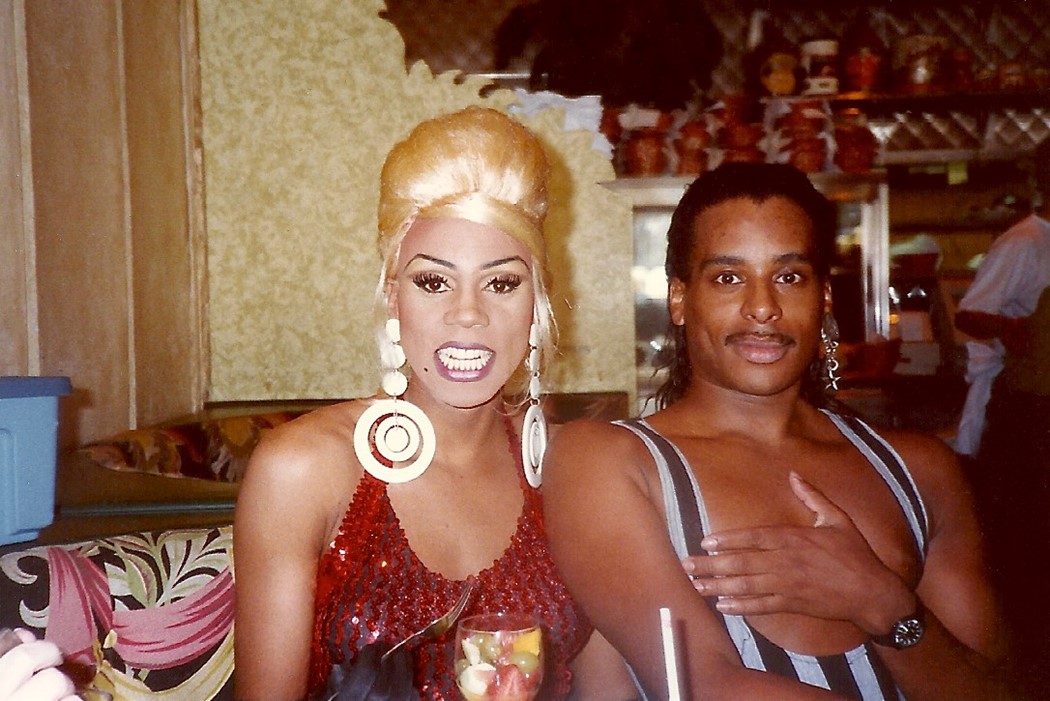Drag goes Mainstream: An Investigation of RuPaul’s Drag Race An investigation into the impact of RuPaul’s Drag Race on the visibility of drag culture.
This thesis is an investigation into the popular reality television show RuPaul’s Drag Race (RPDR), and its impact on the visibility of drag culture. It examines the role RPDR has played in highlighting aspects of drag and questions the possible consequences of this increased exposure. The show has undoubtably contributed to an increase in general societal interest and perhaps even acceptance of drag. For example, the mainstreaming of drag has had many positive side effects, gender diversity is now at the forefront of conversation and representations of drag on television are no longer limited to parodic perversion. The thesis begins with a review of literature from theorists such as Judith Butler, Susan Sontag, and Pierre Bourdieu to situate drag within recent discourses surrounding gender identity. It also highlights specific cases where drag appears in the media throughout history. It then provides a conceptualisation into RPDR, its host, and its contestants. This detailed case study analysis draws on current studies to examine the show’s cultural significance and commercial success. Finally, it applies the relevant theoretical discourses to RPDR and proposes both positive and negative findings in terms of the influence RPDR has had on the visibility and general acceptance of drag in mainstream culture.


